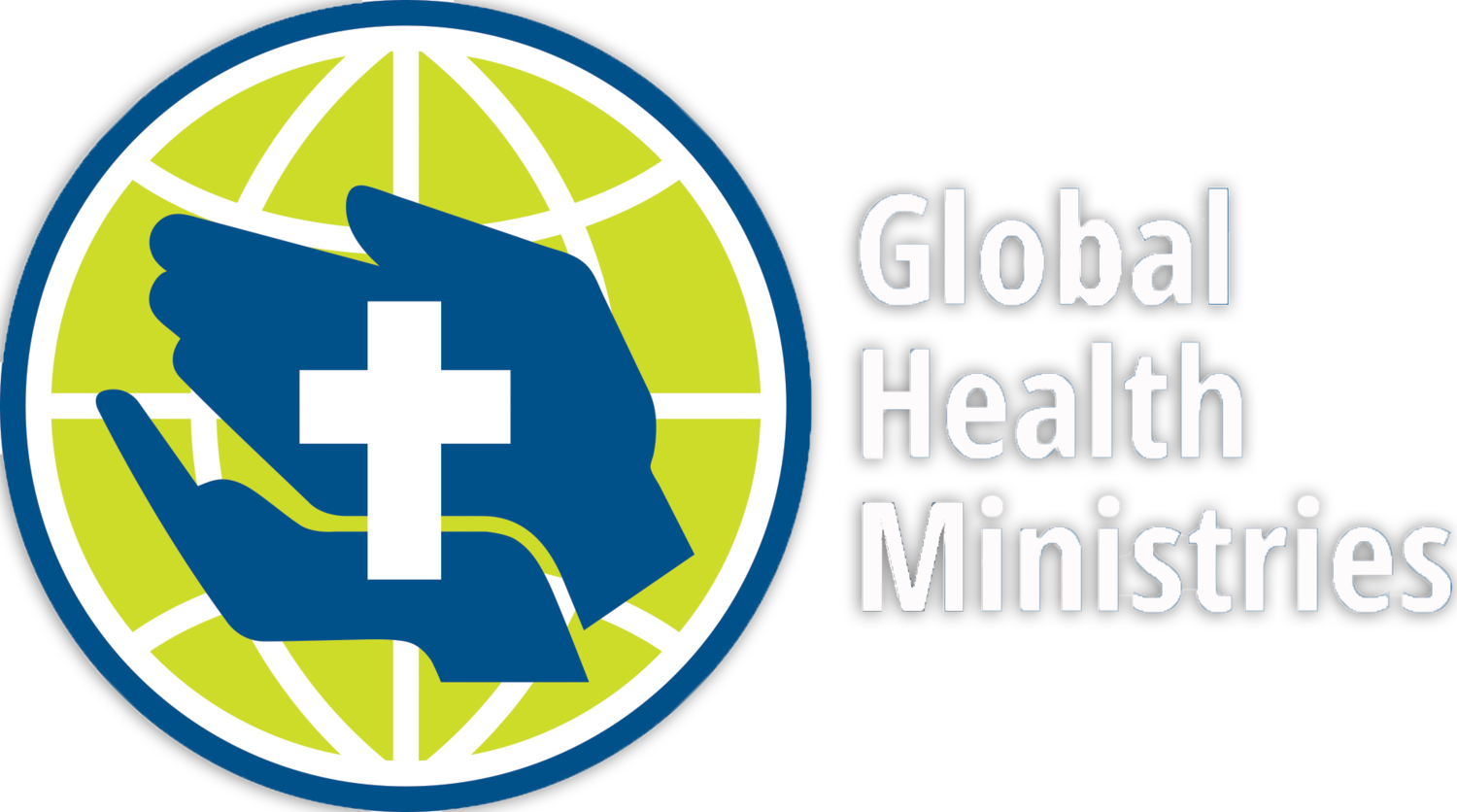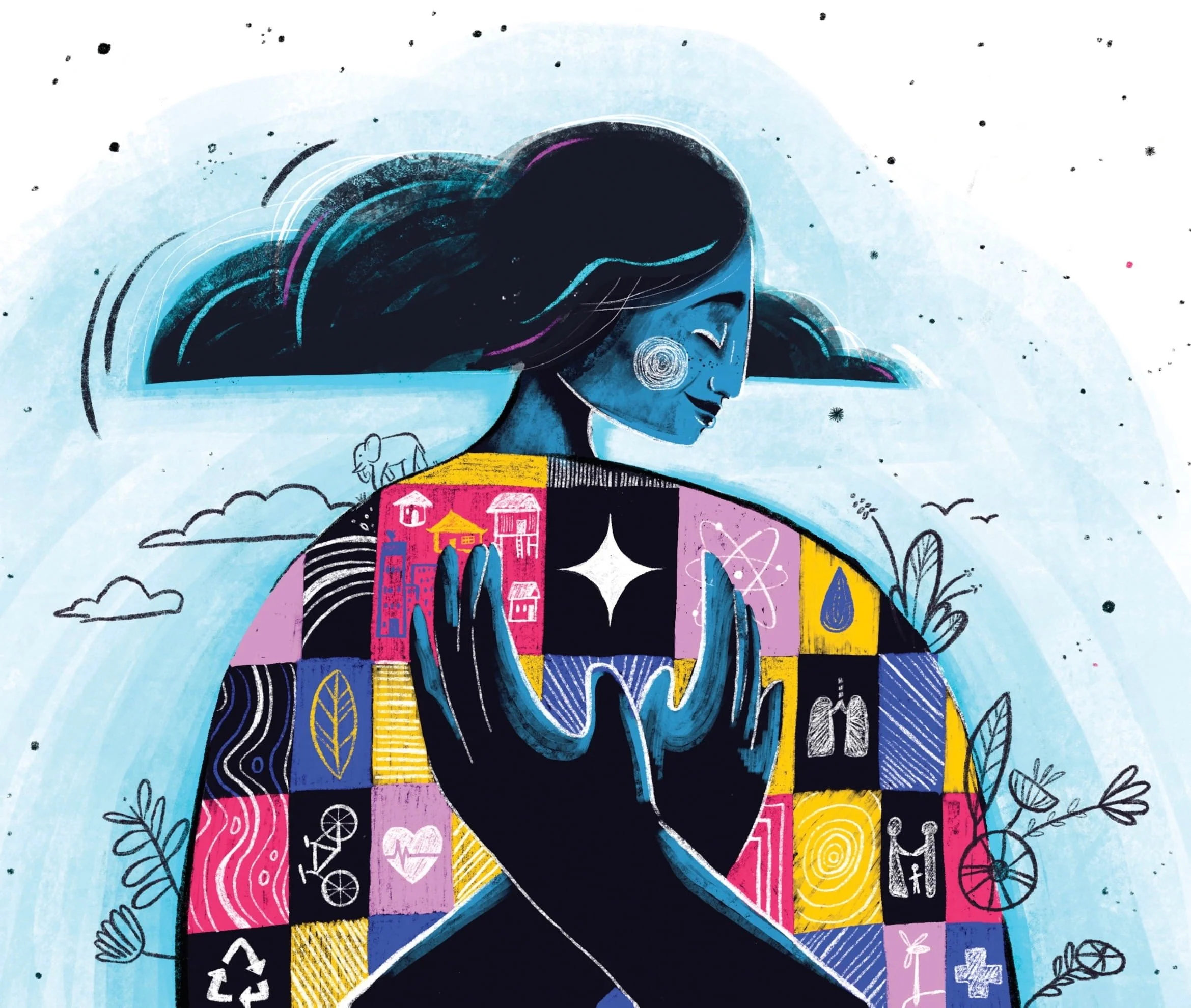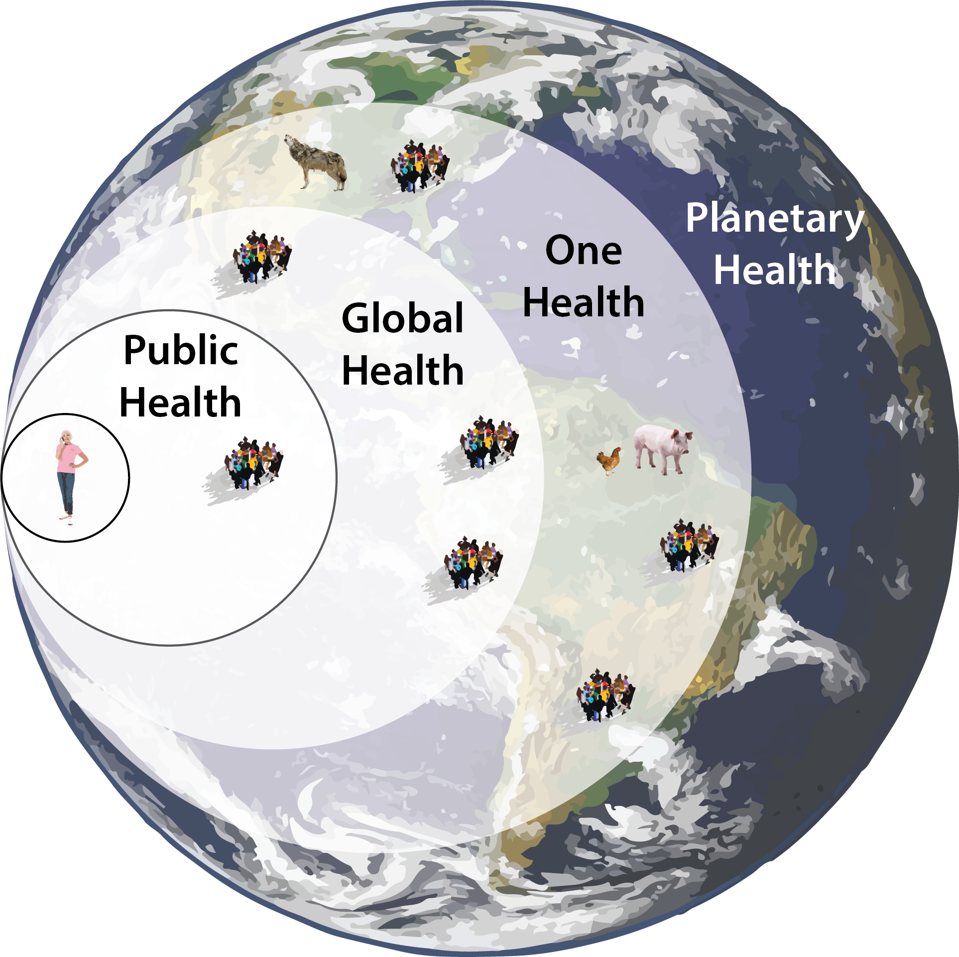Our Planet Our Health
This is part of a communication series to health leaders in GHM’s partner countries. (sent April 2022)
We the People of Planet Earth celebrate World Health Day on April 7, 2022!
We have been doing this for over 70 years, since the First World Health Assembly in 1948 to create awareness of a priority area of concern for the World Health Organization (WHO).
But this year feels different.
The WHO 2022 theme “Our Planet, Our Health” arrives in the midst of at least three clear and present existential global threats, including a
Pandemic
War in Europe
Polluted planet
This e-series. For over two years this series has addressed the COVID-19 pandemic - over 6 million dead and nearly a half billion people reported infected so far.
A future e-topic? Russia’s war on Ukraine - on day 45 at this writing, the death count is in the 10s of thousands thus far, along with a mounting displacement, disability, disease & destruction impact; it also has global thermonuclear potential.
Today’s email focus: Our Planet, Our Health. In case there were any question about the state of our warming planet, evidence from the IPCC* report a few months ago ended the (scientific) debate.
*The Independent Panel on Climate Change was established by the United Nations Environment Programme (UNEP) and the World Meteorological Organization (WMO) in 1988 (circa when GHM started!) to provide governments at all levels with scientific information that they can use to develop climate policies. The IPCC issued its first report in 1990 and every 6-7 years since; it plays a critical role in building scientific consensus on climate change. IPCC reports synthesize inputs from hundreds of top scientists from 195 countries, which are then reviewed by thousands of other experts. The IPCC received the Nobel Peace Prize in 2007 for its work.
Our Planet, Our Health
More than 13 million deaths per year around the world are due to environmental causes (WHO); and increased disease and disability, along with the existential risk to future generations, is undisputed. “…the climate crisis is the single biggest health threat facing humanity” (WHO).
For years, we, and our media, have perpetuated a “separateness” between planet health and personal health. No longer.
“A climate crisis is also a health crisis.” (WHO)
The perception that “the earth is separate from me” has lived on convenience and deniability. But the formula is simple, if challenging to internalize: Planet health = People health/Long term
This week (April 4, 2022), the IPCC released another installment of its report https://www.ipcc.ch/report/ar6/wg3/ . Lead author Sarah Burch stated in her 4/4/2022 Twitter feed:
“Average annual greenhouse gas emissions over the last 10 years were THE HIGHEST IN HUMAN HISTORY. We are not on track to limit warming to less than 1.5 degrees.” (C)
UN General Secretary Antonio Guterres commented on the feed:
“The latest IPCC CH report is a litany of broken promises. Some government and business leaders are saying one thing, but doing another. They are lying. It is time to stop burning our planet.”
These are strong words. Yet they barely begin to match the level warranted for the state of threat faced by We the people of Planet Earth.
Why is this important for leaders? Because health is the best indicator of sustainable development. And the stressors of fear and mental health are leading indicators of disease.
“Fear is useful to wake us up and make us pay attention. But if we don’t know what to do, it paralyzes us.””
In a climate change-related survey (The Lancet Planetary Health, December, 2021), three out of four young people in 10 countries said the future was frightening. Some use therapy for their anxieties and some are drastically changing their lives out of fear for our warming planet, even deciding not to have kids.
Existential threat … is not a term to be used casually. Yet in the face of pandemic, nuclear war, AND global burning, it is accurate X 3.
So it is no surprise that this World Health Day theme calls for urgent action from leaders.
Lessons for Global Health Leaders
Leaders act.
As our UN leader demonstrated above, sometimes that act involves holding each other, especially leaders, to account – even if it feels uncomfortable initially.
Our alternative is polluted air, water and food, i.e., a very uncomfortable, unlivable planet.
You choose.
In 1970, Wisconsin Senator Gaylord Nelson took action to start what became the first Earth Day in the U.S. This led to numerous “acts” including the Clean Indoor Air Act. This “activism” went global, leading to the first Earth Summit in Rio de Janeiro, 1992.
Asante/Gracias/Misaotra/Merci/Nagode/Thank you for your leadership in taking action and assuring accountability to protect “Our Planet, Our Health” for We the People of Planet Earth!
The U.S. also celebrates Public Health Week April 4-10, and Earth Day on 4/22.
Update on the Race Between the Virus, Vaccinations…and Variants
BA.2. In the U.S., the CDC recently estimated that BA.2, the highly transmissible Omicron variant, is now dominant in the US, making up over half of new cases. And the FDA authorized an optional second booster shot for people 50 years and up. The CDC is not yet officially recommending it but is telling anyone who qualifies to consider it.
Vaccinations – According to the Bloomberg COVID-19 Vaccine Tracker as of 5 April, 2022:
A shot in the arm: Over 11.3 Billion doses have been given in 184 countries. The current rate is over 19.8M doses per day; about 17% of these people getting a first shot - at this rate, it would take ~8 months to cover 75% of the population. Because of the variants, it is believed that a higher rate of coverage is needed to achieve a herd immunity effect.
Countries: Globally, 144 doses have been given for every 100 people.
Effectiveness: During the omicron wave, vaccination with a booster reduced the chance of hospitalization and death by more than 90% (Bloomberg tracker).
Virus – Globally, according to the Johns Hopkins COVID-19 Tracker as of 5 April, 2022, the reported COVID-19 infection count is:
6.12 million deaths – for reference, the population of GHM partner country El Salvador is ~6.5M; Reality? - A recent study by the Economist using machine learning estimated as many as 17 million people world-wide, more than three times the reported number, had died of Covid-19;
493 million COVID-19 cases have been reported – while experts concur that the actual number of people infected is a multiple of this reported number, it is still larger than the population of the United States and Russia, the #3 and #9 countries by population, combined.




